Alisha and Ashley brought a game called Who’s Your Daddy to my attention this week. According to Patricia Hernandez at Kotaku, “Who’s Your Daddy is an early access multiplayer game. One person plays as the dad, and another person can play as the baby. The baby has but one goal: to kill itself, using whatever means possible. The parent, meanwhile, has to childproof an entire home in real time.” Brittany Vincent over at Motherboard explains a bit further how the game works:
As the father, players will have to close cabinets, install baby-proof electrical outlet covers, put away toys, remove access to spaces the baby can fall into, and perform dozens of other tasks to ensure there are no household dangers the baby can kill himself with in order to “win.” Baby players, meanwhile can toddle around the house, play with forks around power outlets, climb into bathtubs full of running water, and eat batteries like candy.
Dianne Depra of Tech Times explains how such a game came about: “Created by Joe Williams, the game actually started out as a joke. But as Williams worked on it, he saw the potential in the project and went on KickStarter to fund the development of the game, as well as validate if people would be interested in playing it. And they are!”
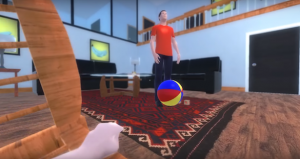 Indeed, people do seem to be playing it, and they’re talking about playing it as well, and, as a result, I’ve been really interested in what’s being said. The Steam reviews, thus far, seem to be mostly positive, as Hernandez discusses, and Hernandez, too, says that the results of Who’s Your Daddy‘s gameplay “are amazing.” Vincent also speaks positively of the game, referring to it as “a crash-course in child rearing with a suicidal, self-destructive infant son hell bent on climbing into an oven or being electrocuted. It’s black comedy at its finest.” And Vincent continues, “The game may sound gruesome, but the hilariously rendered infant model that toddles with its arms sticking straight out and a generic father model lend a ridiculous tone to the game that prevents you from taking it seriously.”
Indeed, people do seem to be playing it, and they’re talking about playing it as well, and, as a result, I’ve been really interested in what’s being said. The Steam reviews, thus far, seem to be mostly positive, as Hernandez discusses, and Hernandez, too, says that the results of Who’s Your Daddy‘s gameplay “are amazing.” Vincent also speaks positively of the game, referring to it as “a crash-course in child rearing with a suicidal, self-destructive infant son hell bent on climbing into an oven or being electrocuted. It’s black comedy at its finest.” And Vincent continues, “The game may sound gruesome, but the hilariously rendered infant model that toddles with its arms sticking straight out and a generic father model lend a ridiculous tone to the game that prevents you from taking it seriously.”
At the risk of sounding like a big ol’ fuddy-duddy, I think there are parts of the game we should take seriously. And one of those parts is the fact that game’s framing is predicated on the normalization of certain narratives about parenting—and, specifically, fatherhood. Because it seems to me that such narratives and such assumptions are a big part of what causes people to view this game as inherently funny. And those assumptions are what give me pause.
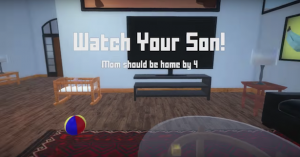 What it comes down to, for me, is the fact that the game hinges on the recurrent trope of the bumbling, incompetent, buffoonish, clueless father and the idea that fathers are just not great at parenting. That it doesn’t come naturally to them. Or, at least, that it doesn’t come as naturally to them as it does to mothers. That moms are mainly responsible for caretaking, for the day-to-day responsibilities of caring for a child. And that dads, well, dads do the best they can until mom gets back. Because the game does frame the idea of fatherhood in this way through the fact that, when playing through the game as the father, we are instructed, “Watch your son! Mom should be home by 4.” Mom should be home by 4. Through such a statement, Who’s Your Daddy tells us that we only need to father the child until Mom gets home, that we just need to hold out until four o’clock, and then, once she gets home, it’s up to her to ensure that the baby doesn’t eat batteries or stick a fork in a power outlet. Once she’s home, she’s the default death-diverter. Once she’s home, it’s time for her to take the job of parenting off Dad’s hands.
What it comes down to, for me, is the fact that the game hinges on the recurrent trope of the bumbling, incompetent, buffoonish, clueless father and the idea that fathers are just not great at parenting. That it doesn’t come naturally to them. Or, at least, that it doesn’t come as naturally to them as it does to mothers. That moms are mainly responsible for caretaking, for the day-to-day responsibilities of caring for a child. And that dads, well, dads do the best they can until mom gets back. Because the game does frame the idea of fatherhood in this way through the fact that, when playing through the game as the father, we are instructed, “Watch your son! Mom should be home by 4.” Mom should be home by 4. Through such a statement, Who’s Your Daddy tells us that we only need to father the child until Mom gets home, that we just need to hold out until four o’clock, and then, once she gets home, it’s up to her to ensure that the baby doesn’t eat batteries or stick a fork in a power outlet. Once she’s home, she’s the default death-diverter. Once she’s home, it’s time for her to take the job of parenting off Dad’s hands.
Vincent’s praise of the game demonstrates this assumption, for, she says, “Babysitting is a hard job because babies are irresponsible. They’ll drink whatever’s under the sink and stick forks in power outlets. It’s not that they don’t want to live, they just don’t understand how life works, and that’s part of why taking care of a newborn is so hard…Who’s Your Daddy turns this struggle into a hilarious multiplayer match.” But the struggle represented in Who’s Your Daddy isn’t babysitting. It’s fathering. And fatherhood and babysitting are not the same thing. Fatherhood is not just a temporary state of being in which one resides only when mom’s not around.
 But this assumption, this manner of equating the struggles of babysitting to the struggles of fatherhood, seems to be a big part of what contributes to people’s conception of the Who’s Your Daddy as funny. Because the trope of the goofy incompetent father is a pervasive one. And it’s one we are consistently presented with as being something at which to laugh. But what if, instead of an incompetent father, we were presented with an incompetent mother? What if, instead of Who’s Your Daddy, we got Who’s Your Mommy? Would we be laughing then? Would we be laughing at the image of a mother racing around the house, trying to prevent her baby from drinking bleach?
But this assumption, this manner of equating the struggles of babysitting to the struggles of fatherhood, seems to be a big part of what contributes to people’s conception of the Who’s Your Daddy as funny. Because the trope of the goofy incompetent father is a pervasive one. And it’s one we are consistently presented with as being something at which to laugh. But what if, instead of an incompetent father, we were presented with an incompetent mother? What if, instead of Who’s Your Daddy, we got Who’s Your Mommy? Would we be laughing then? Would we be laughing at the image of a mother racing around the house, trying to prevent her baby from drinking bleach?
I don’t think we would. Because, while bad fatherhood is often constructed as being funny, bad motherhood is often constructed, rather, as being monstrous. Because, while we see bad dads in games like Who’s Your Daddy, we see bad moms in games like Among the Sleep. Because, while we laugh at bumbling fathers, we condemn monstrous mothers.
So, yeah, I’m not laughing. And, sure, maybe that makes me a fuddy-duddy. But if what makes me a fuddy-duddy is critically engaging with our assumptions regarding parenting roles, then I’m cool with that. Because I think it’s important for us to think about the ways certain representations of and assumptions regarding (bad) motherhood and fatherhood become naturalized through what we find funny and what we find horrifying. And I of course understand that finding the humor in the often-stressful situation of parenting can be fun and cathartic, but I wonder, at the same time, if only certain people are allowed such catharsis, if only certain people are allowed to laugh, if only certain people are allowed to be laughed at, if only certain people are allowed to represent all this as being fun. And it’s that reification of normative and socially acceptable parenting roles that keeps me from seeing the humor.

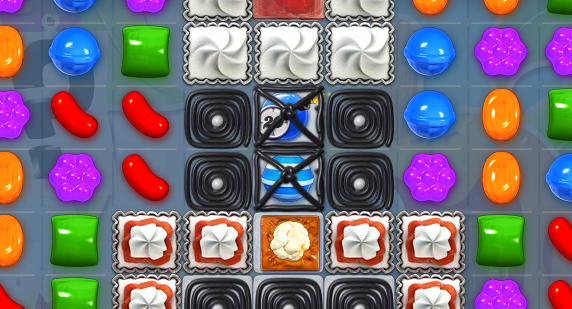
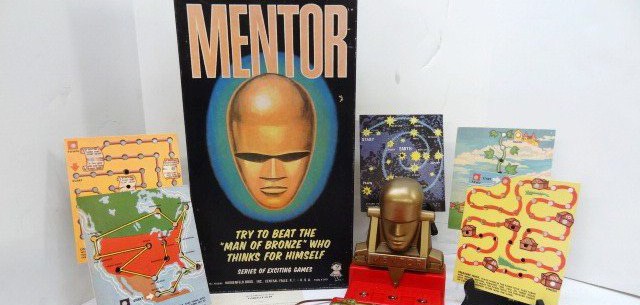
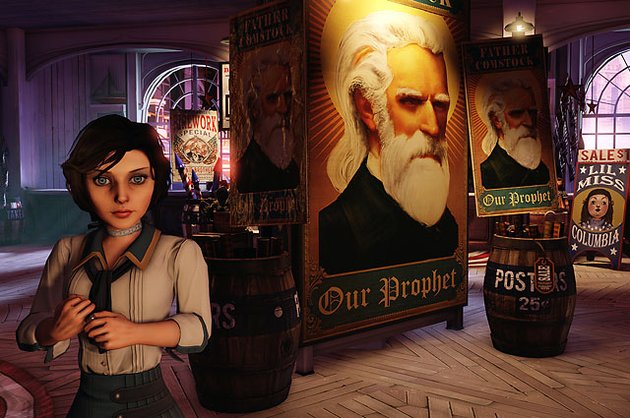
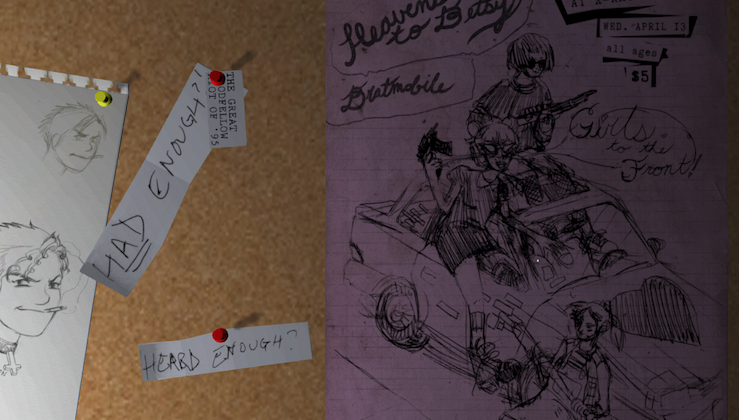
2 thoughts on “Who’s Your (Bad) Daddy?: Or, The Problem with Representations of Incompetent Fatherhood”
Fellow fun-hating feminist checking in here. I think it’s really important that we have discussions about how hard it can be to take care of babies, and this is a funny way to negotiate that. But I’m with you — I DO NOT find the narrative of the incompetent father amusing at all. This idea that men are helpless when faced with babies, diapers, and parenting in general is enraging not because it’s ridiculous, but because it continues to persist and it persists in part because we don’t unpack it when we see things like this. We just laugh and accept it and move on. This narrative continues to anchor films, television shows, books, games, etc.; it’s in part the driving characterization in the surge of father-figure roles in games because it’s all connected to men learning to be responsible for another human, and whether it’s handled seriously or not, it’s still treated in similar fashion. Women are the caregivers, men are rugged individualists, and that’s just the way it is.
Except we’re not living in caves and depending on the spearwork of groups of male hunters these days. We have moved on. Our narratives, unfortunately, don’t always come with us.
I very much agree. This narrative is very strongly entrenched and definitely needs highlighting and unpacking when it occurs.
And it is such a wide-reaching narrative. It connects to the isolation of the modern family for example, its disconnection from community, neighbours, extended family by preventing many men from engaging effectively (with empathy and compassion) with the world around them, and isolating women by placing responsibility for the family on them alone. It can also skew the goal of liberation into individual freedom. It is easy in light of this narrative of fatherly incompetence to see the liberation of women as being served by mothers and fathers taking equal responsibility for parenting, but this even if achieved, still isolates both parents from support networks that should be there. The entire argument then becomes structured by the communities avoidance of responsibility and an emphasis on neo-liberal concepts of freedom as the freedom to move or change for work.
I wonder what effect it has on non-heterosexual people without children. Heterosexual people that don’t have children are usually expected to get some but the same is often not true for non-heterosexuals. Does the division express itself in a different way? Or lie dormant perhaps? I suspect the former.